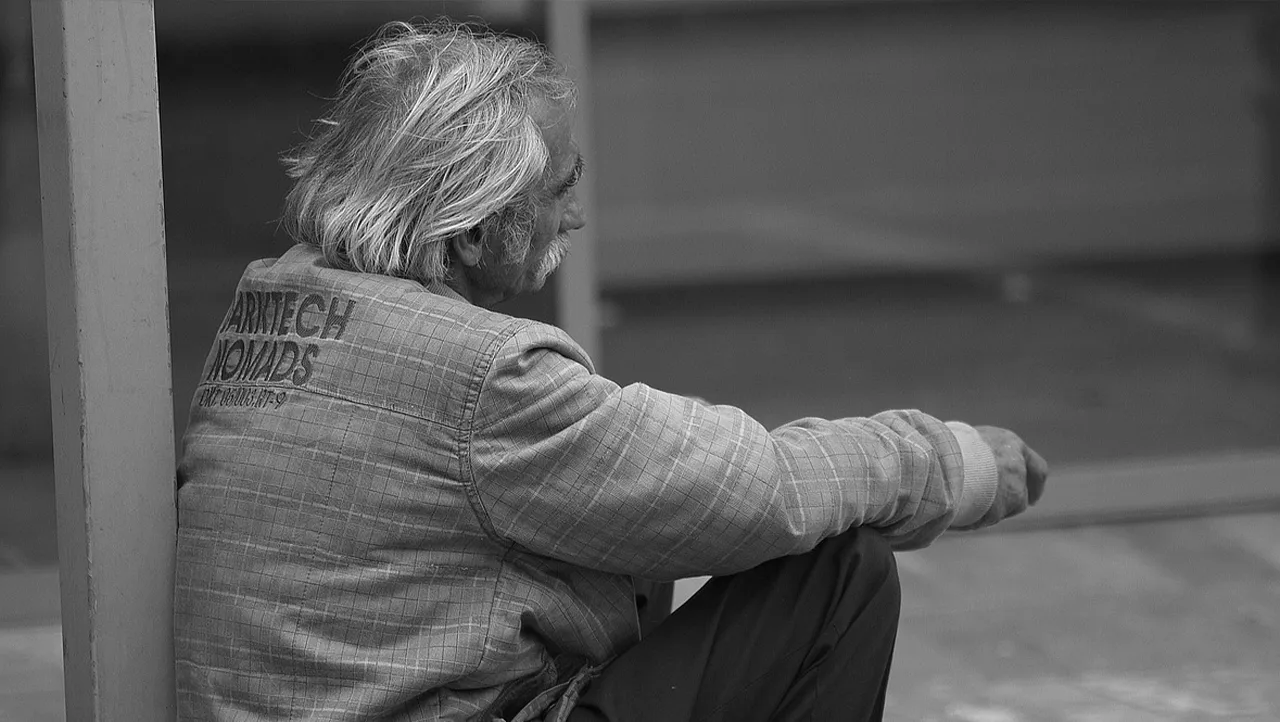Rescuing another person is almost a classic in relationship dynamics… If in your childhood, you took on the role of an adult in some area and ended up rescuing your mom or dad – by supporting them emotionally, being an overly well-behaved daughter careful to avoid causing trouble, taking on adult responsibilities, etc. – then it is highly likely that you will enter a relationship from the place of that wound. And what happens next? You will do the same for your partner. Somehow, you will end up with someone with whom you likely felt great chemistry at the beginning, only to realize after some time that it all feels very familiar, and that overall this kind of relationship doesn’t really serve you.
You are rescuing when you are offering solutions, providing financial and/or emotional support. You’re rescuing when you are assuming responsibility for the other person’s emotions whilst giving up parts of yourself so that your partner does not feel bad. You are rescuing when you are taking on more responsibility to give more and more. Rescuing is often related to an inherent need of deserving love, attention or appreciation. It is not hard to imagine how much pain and unfulfillment one can experience in such a relationship.
Breaking out of this pattern is similar to liberating from codependency, in fact, it’s not even “similar,”. Rescuing does not differ from codependency at the end. It takes time and determination to heal, it is not something that gets “fixed” with one family constellation or a quick therapy. However, just realizing that: “I’m rescuing”, “I’m walking in someone else’s shoes”, “I am not clear where my responsibility ends and where the other person’s begins” is a huge step forward. Step by step, it lets you start observing yourself more closely, your own story and entanglements, and lets you detach from the ideas of what your partner should do.
The moment we realize that our partner is an adult, fully capable of making their own decisions and handling their own life, we feel great relief. From then on you can realize that it is not really about that partner at all – that person is merely leading you to recognize a primary wound and entanglement, which most often originates in the relationship with one of the parents.
And then family constellations can lead you to a place where you become simply and only a child in the relationship with your parent – an adult now, but still your mother’s or father’s child. You begin to see that all attempts to first rescue the parent, then the partner or anyone else, are doomed to fail. You don’t have the power to rescue anyone except yourself. You also begin to understand that your parent’s fate was right for them, but not for you. That is another turning point and yet more relief.
In my view, you can’t exit the rescue mode and free yourself into your own life, without realizing that deep within you, there is someone very uncertain, scared and lonely, who may have stuck in a sense of childlike omnipotence. This is also where family constellations can be incredibly helpful. Meeting your inner child and creating a bond with it relieves us of the need to rescue others, the need to earn love of a partner, for example. When the little girl or boy inside you begins to feel seen and cared for, you can finally choose what serves you, without guilt, you don’t have to be a rescuer or a victim anymore, you are not afraid of being rejected etc.
Rescuing takes many forms, from subtle ones that only slightly impact our lives, to burdens so heavy that they leave us exhausted, powerless and ill. It is worth working with, even well into adulthood.
Copying requires citing the source.



